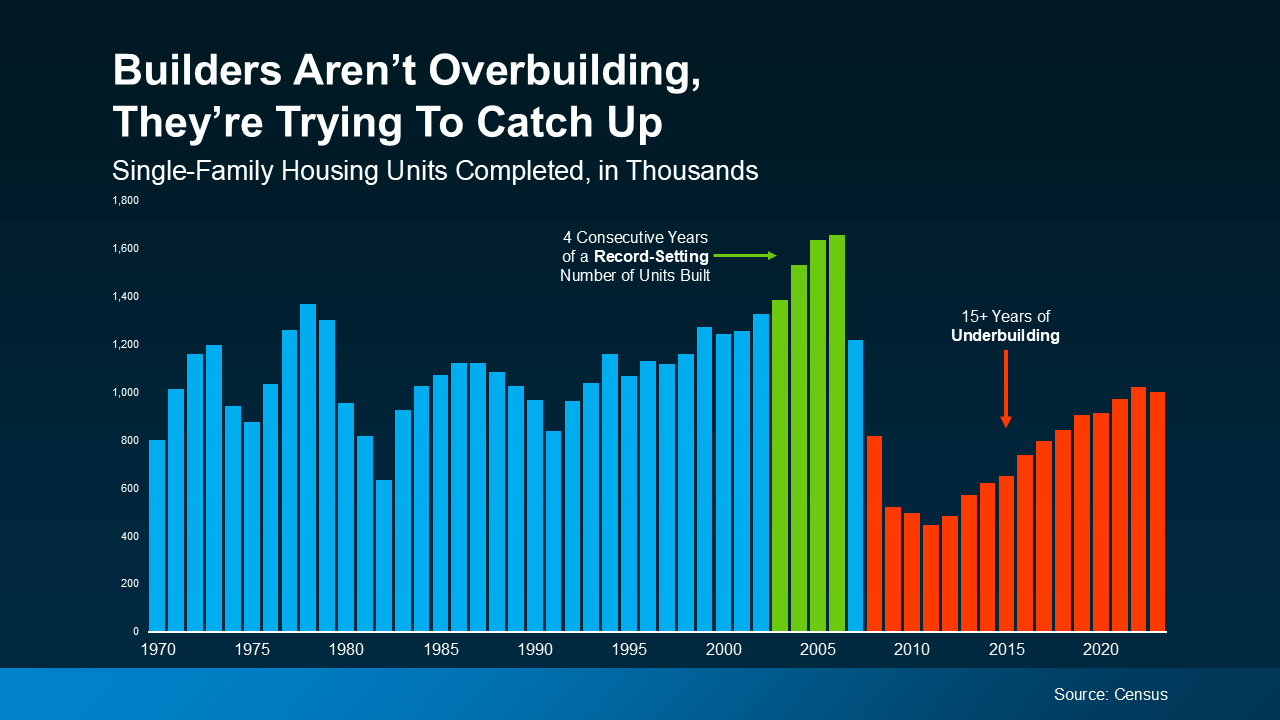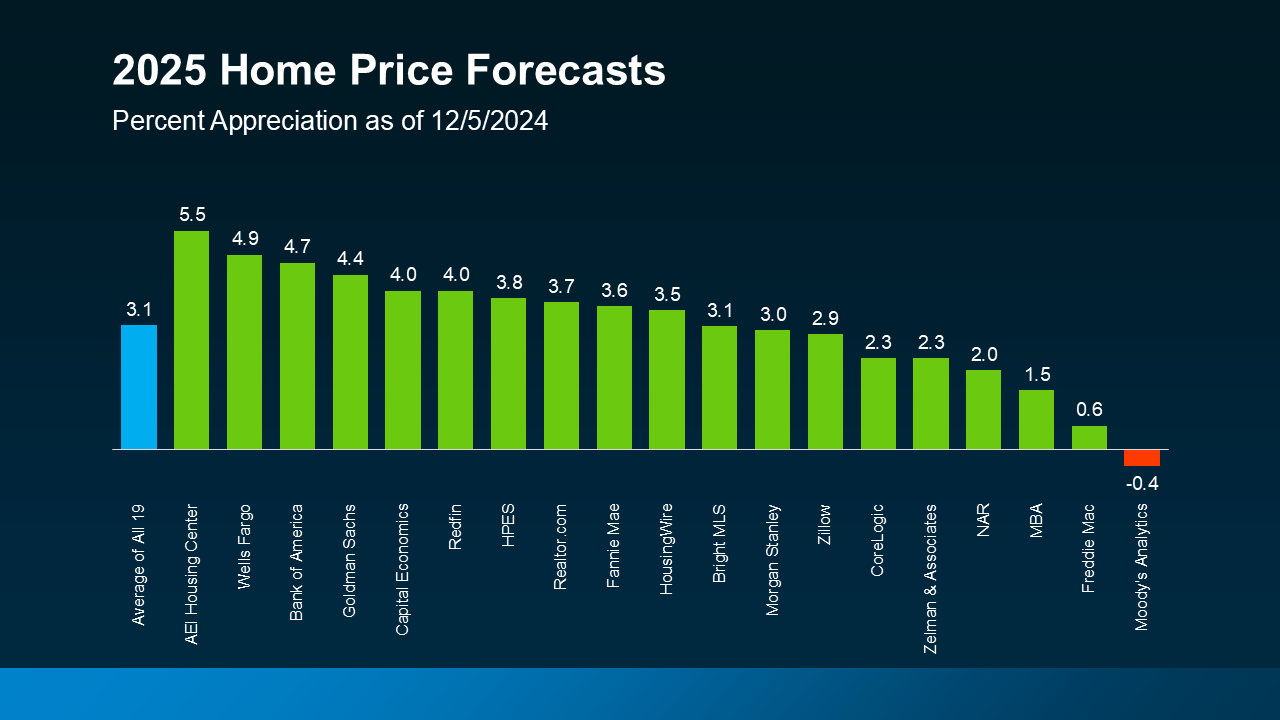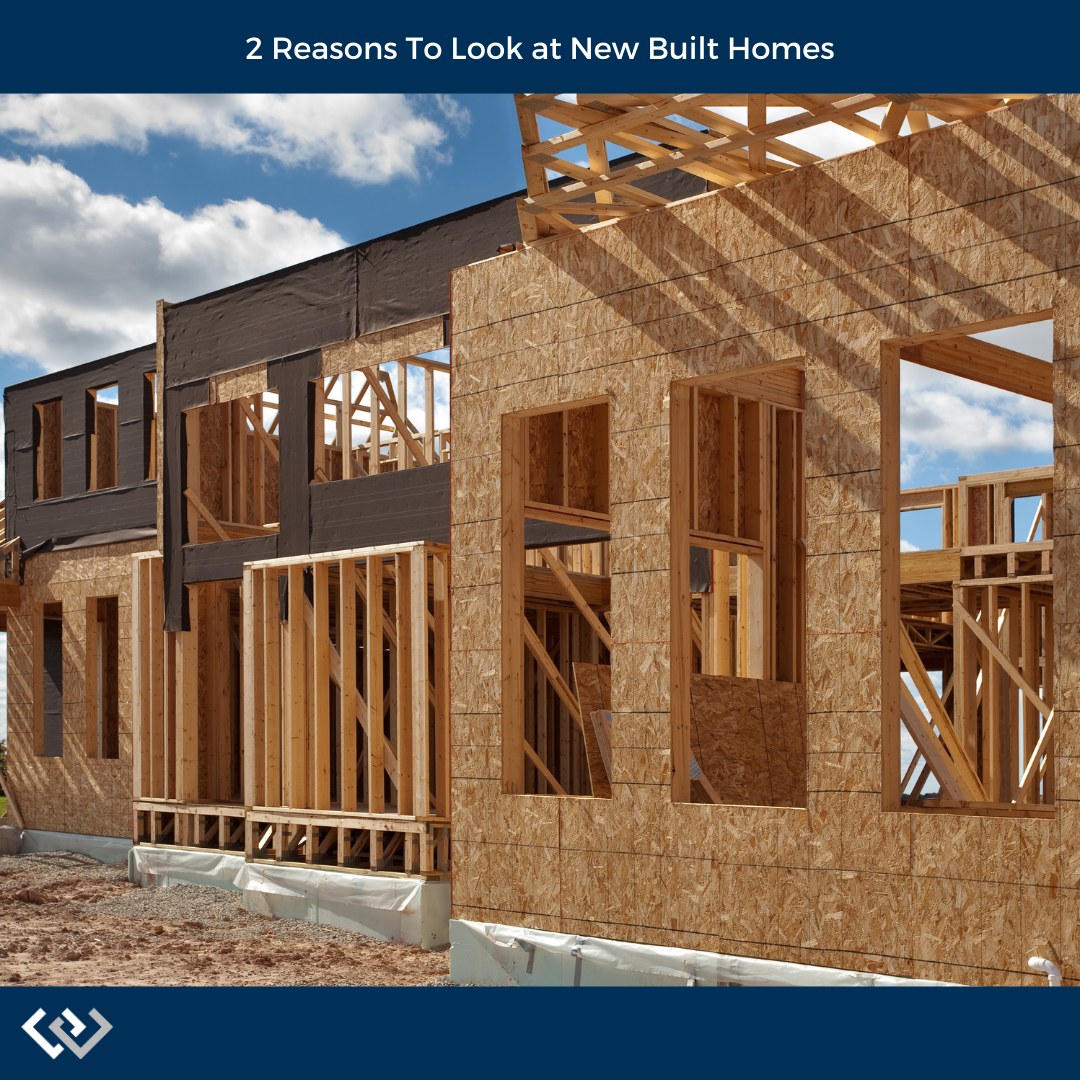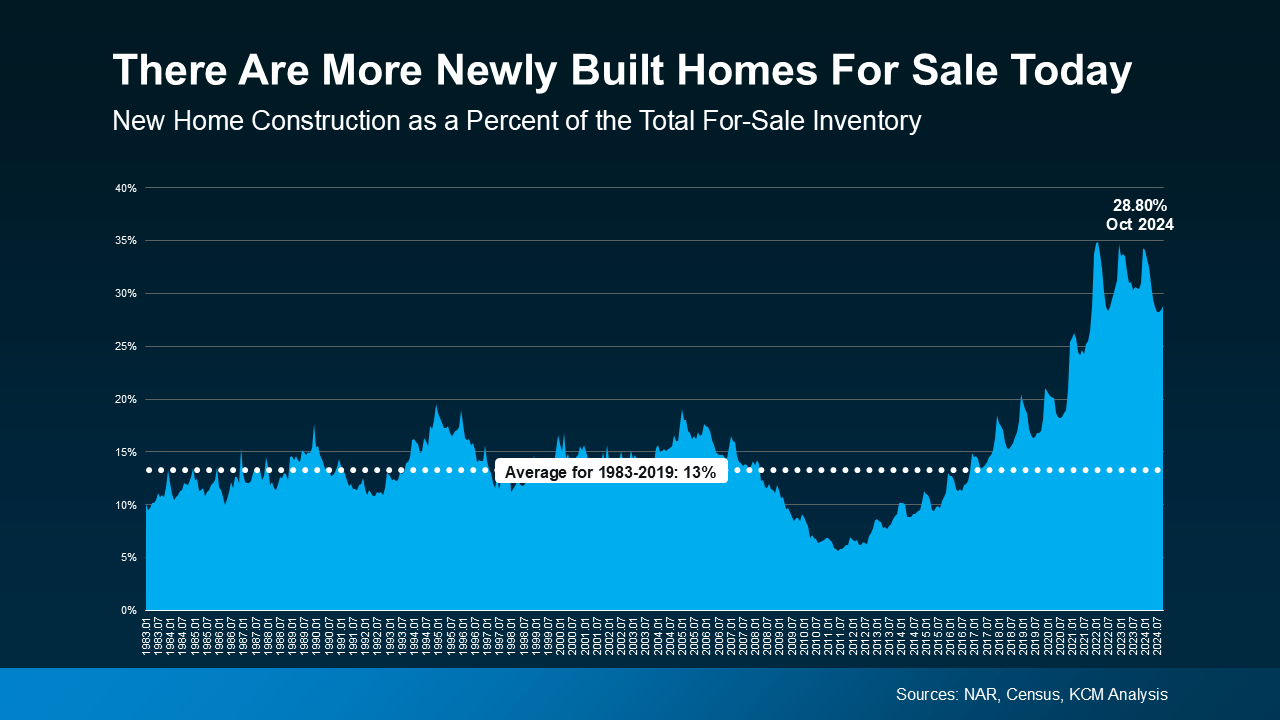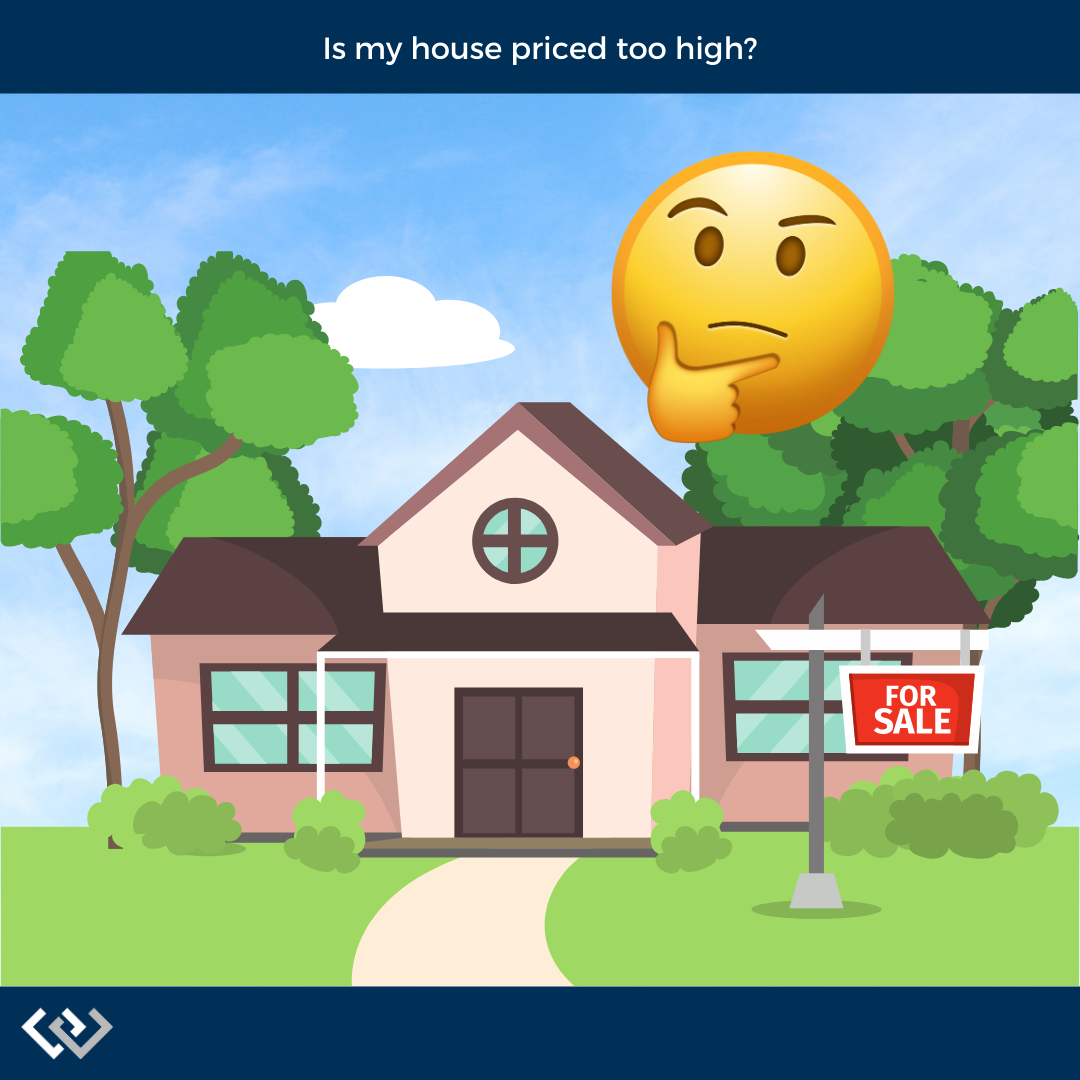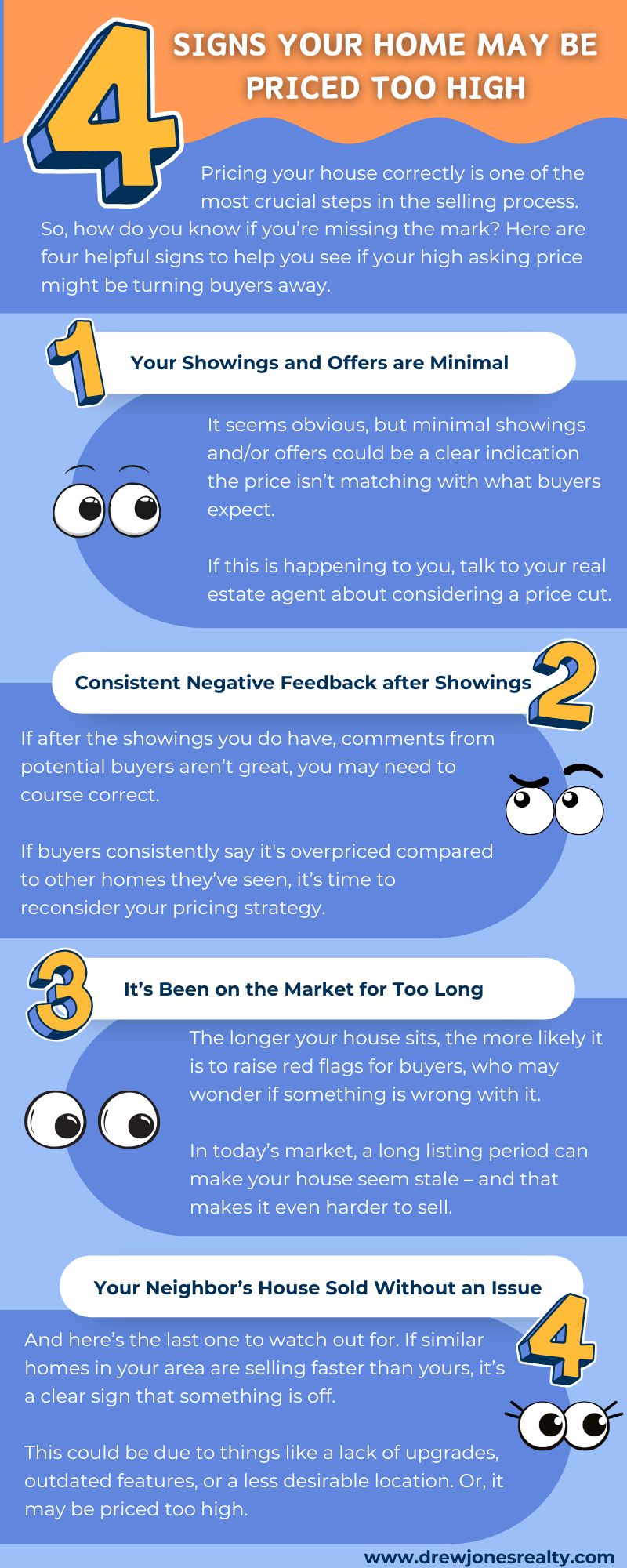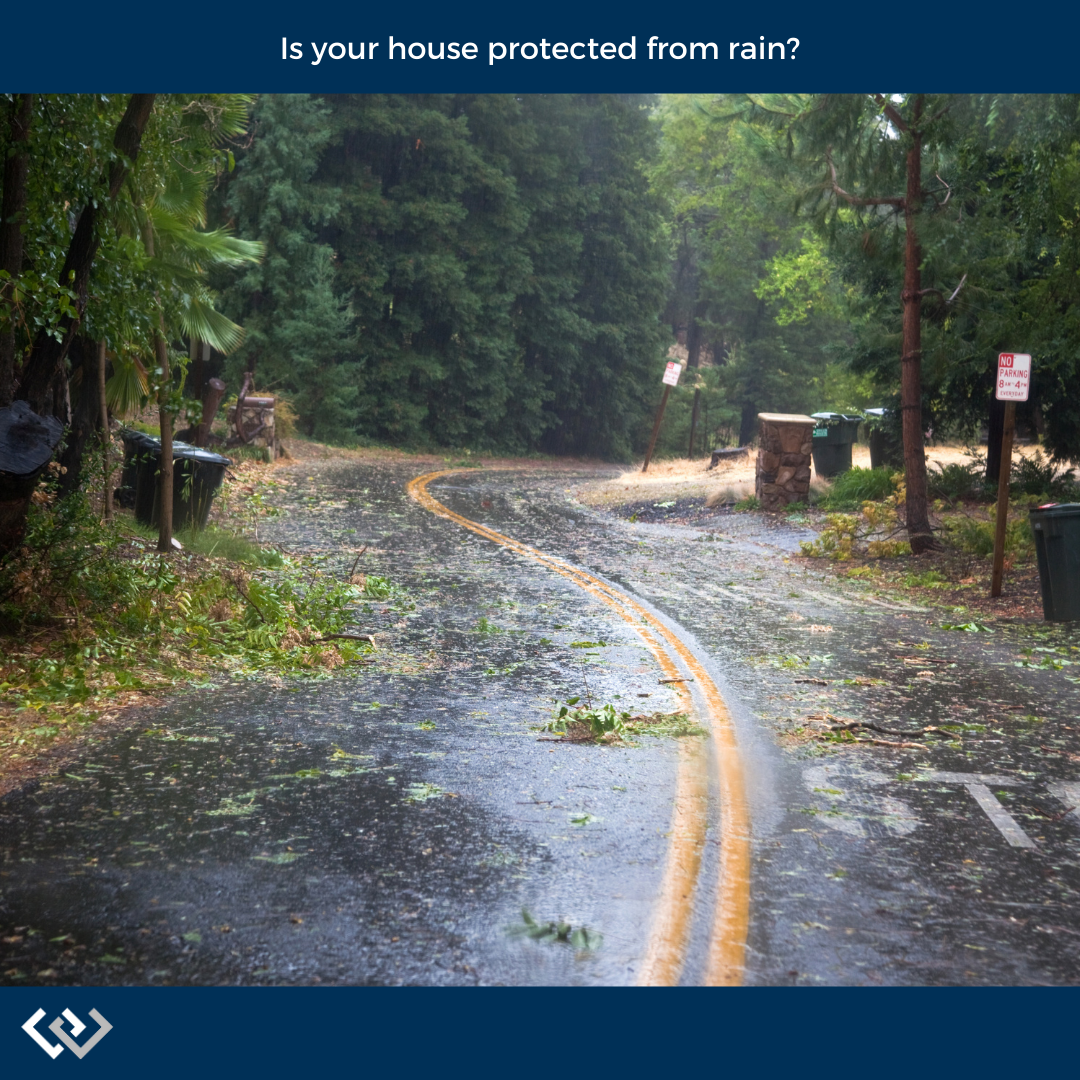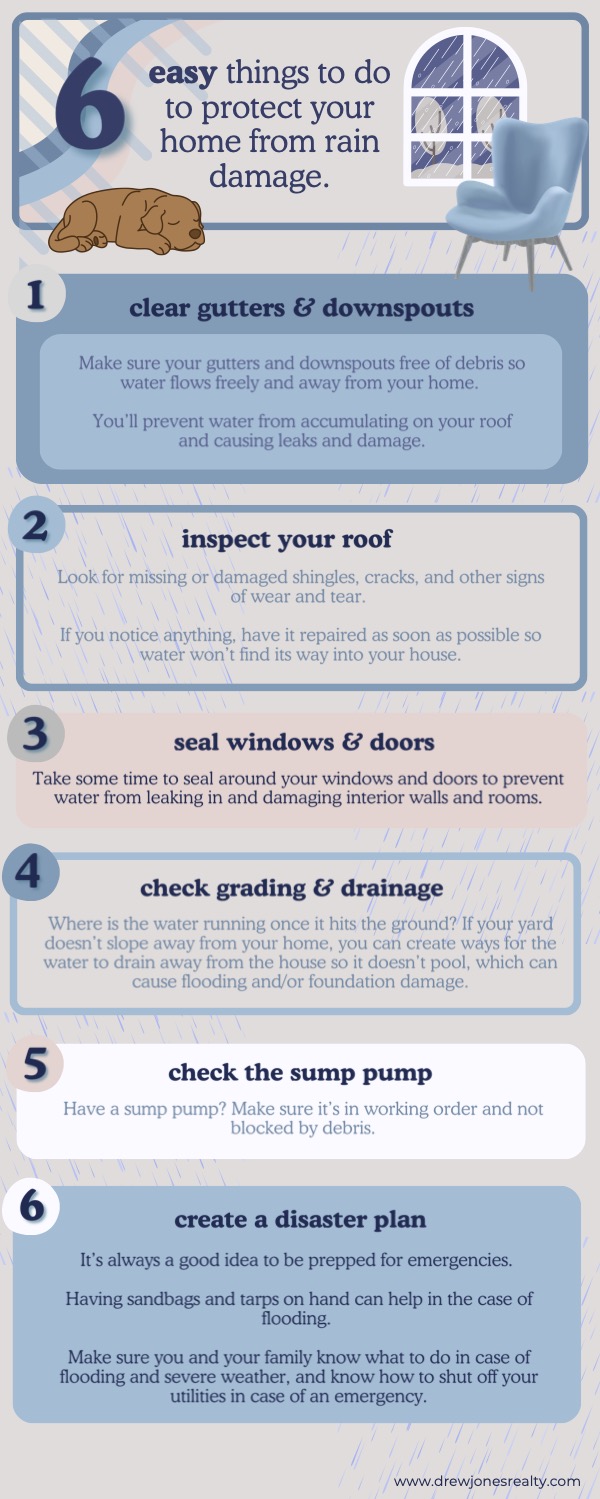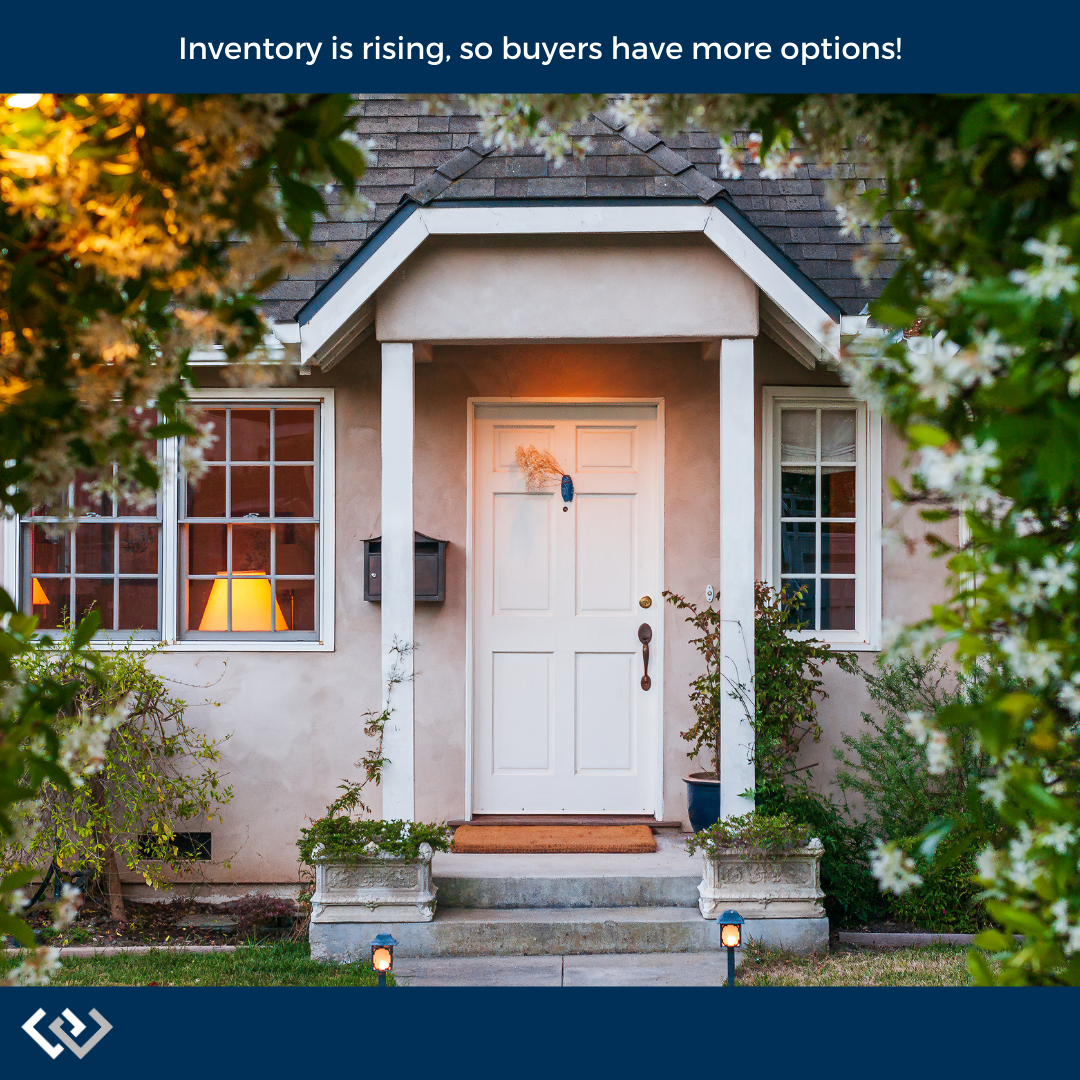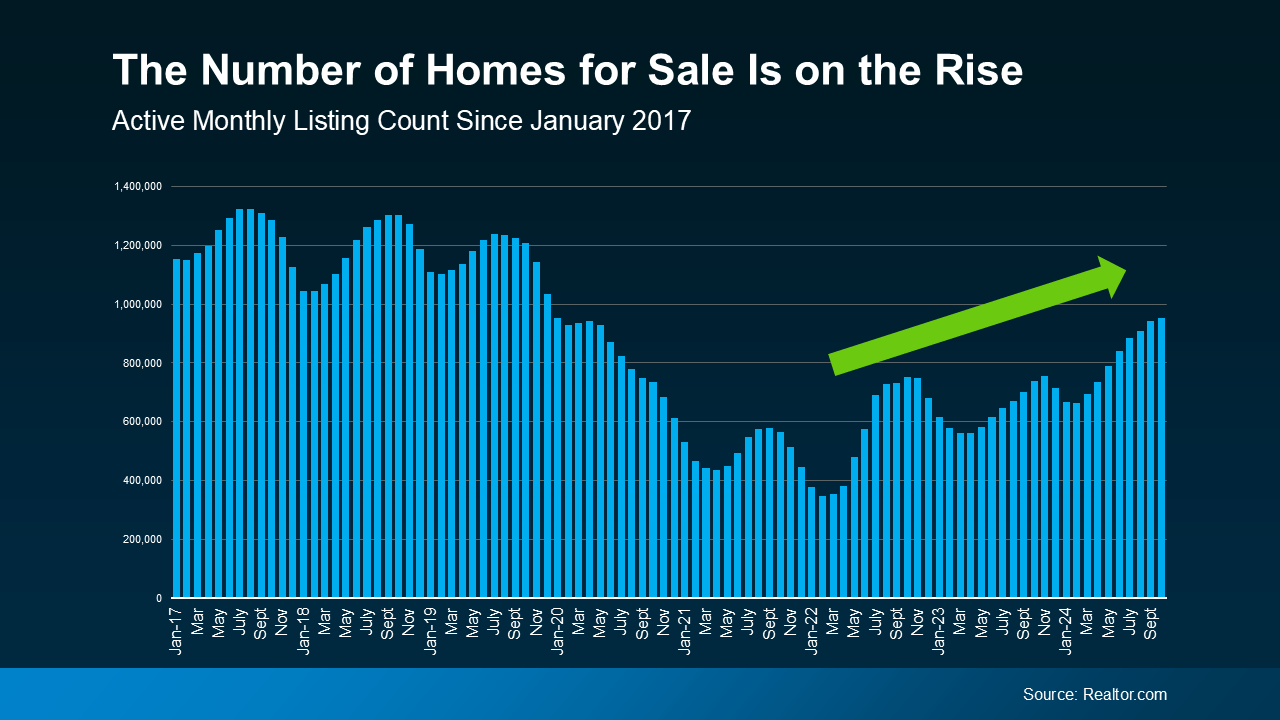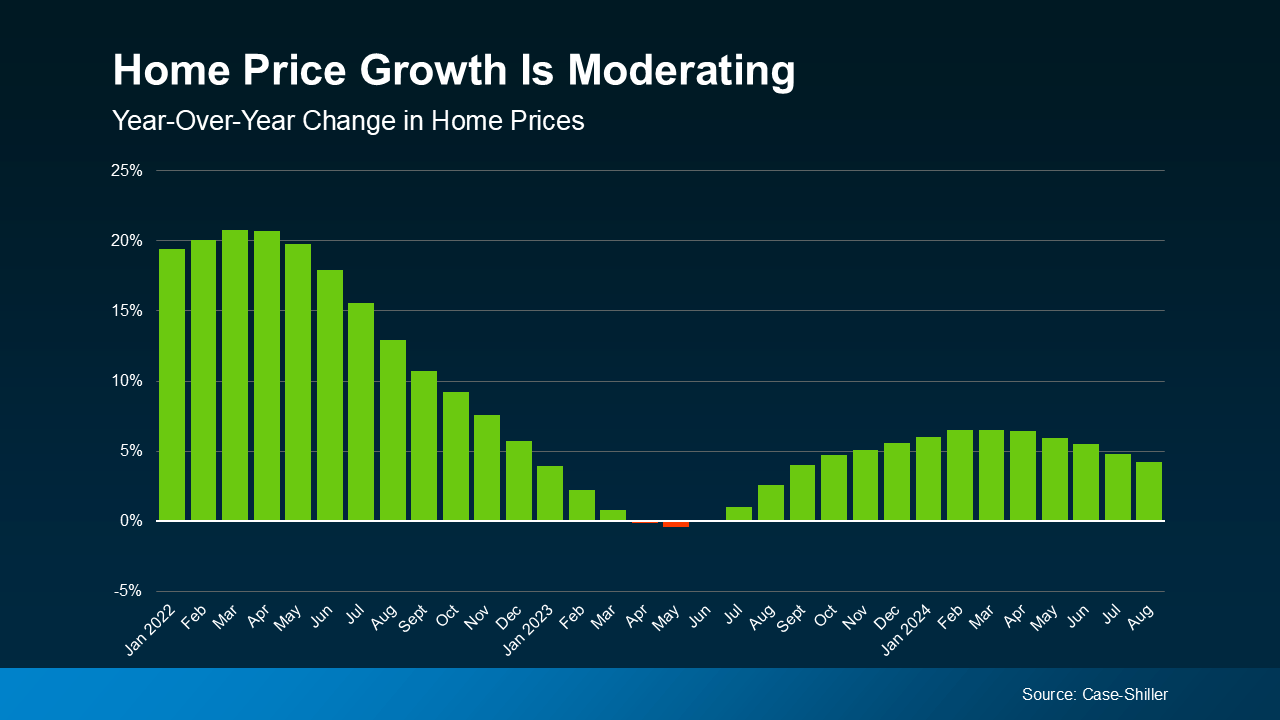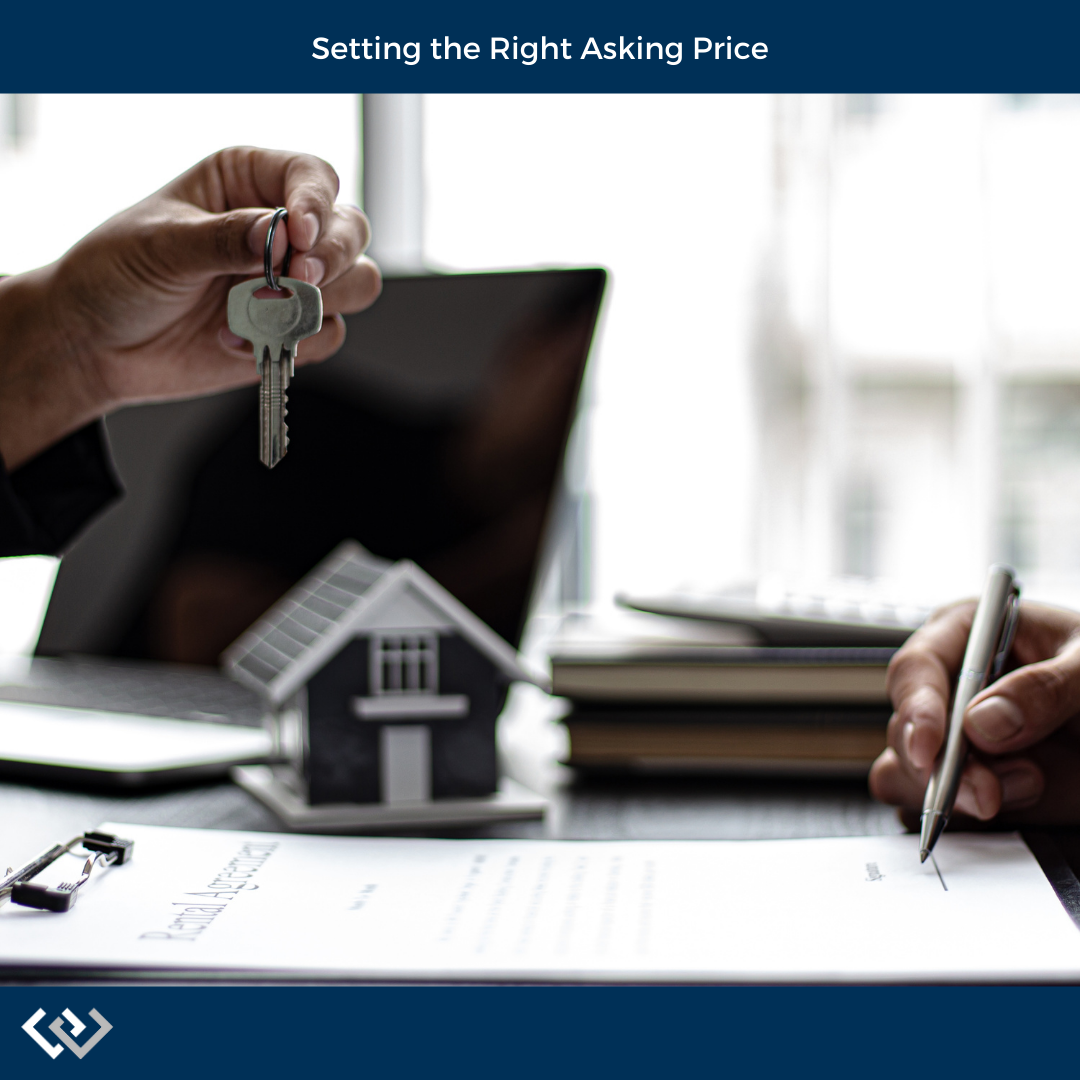As Thanksgiving approaches, we’re encouraged to reflect on gratitude—not just for family, friends, and the good in our lives, but also for the space we live in.
Ideally, our home provides peace, comfort, and a feeling of stability. But if clutter is making it feel more chaos than calm, it’s time to remove some stuff. Having rooms filled with items we don’t need or love can really mess with our sense of comfort and even disrupt the natural energy in our living spaces.
But, do you find it hard to get rid of things? And what about the items that were given as gifts? Sometimes guilt and obligation make us hold onto things.
How about some feng shui? Here are 6 ideas, inspired by feng shui principles, for decluttering with NO guilt. If you have some time, this is a great thing to do before the holidays so your home feels peaceful and balanced.
1. Release “Obligated” Items with Kindness
Many of us have items we keep out of obligation—whether they’re family heirlooms or gifts from friends that just don’t fit with our current life or style.
According to feng shui, each object carries its own energy, and items that don’t feel aligned with who you are now can create emotional clutter.
Instead of holding onto something out of guilt, try releasing it with gratitude. Thank it for its role in your life, then allow it to find a new home where it will be cherished and loved.
2. Let Go of Gifts That Don’t Reflect Who You Are
Gifts come from a place of love, but not every gift aligns with our personal energy or style.
If you have gifts that feel like they belong in someone else’s home, it’s okay to let them go. Feng shui encourages letting go of things that don’t bring joy or match your energy.
By parting with these items, you honor the intention behind the gift, keeping only those things that lift your spirit.
3. Release Items Tied to Past Relationships
Objects can carry the energy of past relationships—whether it’s an old photograph, a forgotten memento, or something with sentimental weight.
According to feng shui, holding onto items linked to past relationships can weigh down your heart and even affect the energy in your home.
As you declutter, give yourself permission to let go of these items with compassion. This clears space for new relationships and experiences that align with who you are today.
4. Reconsider “Just-in-Case” Items
There’s always that closet, drawer, or box filled with “just-in-case” items—things you might need someday but haven’t touched in ages.
Feng shui teaches that clutter, even hidden clutter, can stifle energy in a home. Holding on to items out of a “just-in-case” mindset creates a lack mentality, suggesting that you might need it because you won’t be able to find it later.
Decluttering these items can bring a sense of abundance and trust that you’ll always have what you need. Embrace gratitude for what you have now and feel free to let go of what you don’t actively use.
5. Remove Items That No Longer Spark Joy
Marie Kondo popularized the “spark joy” approach, which is closely aligned with feng shui’s principle of surrounding yourself with uplifting energy.
If something doesn’t bring you happiness, it probably isn’t contributing to the flow of positive energy in your home.
As you declutter, give yourself permission to let go of anything that no longer makes you smile, even if it once did. This simple act can create a home filled with joy and gratitude for every item you choose to keep.
6. Make Space for New Beginnings
A great principle in feng shui is that empty space invites new energy, opportunity, and clarity.
You don’t need to fill every corner; instead, create areas where energy can flow freely.
As you declutter, focus on how much lighter and more open each room feels. This shift allows your home to be a place of peace and rest, filled only with items that support your goals and dreams.
In this month of gratitude and Thanksgiving, try approaching decluttering as a practice of gratitude and intention. You can release what no longer serves you without guilt, creating a home that truly feels like a reflection of you.
 The second map shows that, over a roughly 30-year span, home prices appreciated by an average of more than 320% nationally.
The second map shows that, over a roughly 30-year span, home prices appreciated by an average of more than 320% nationally. Facebook
Facebook
 X
X
 Pinterest
Pinterest
 Copy Link
Copy Link



